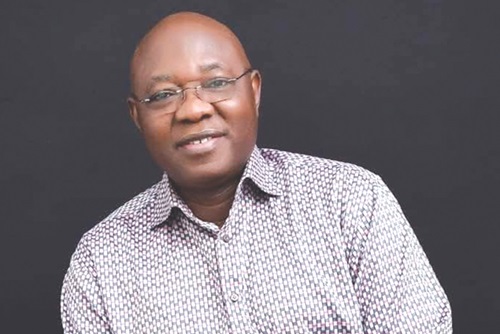A governance and public policy analyst, Akwasi Opong-Fosu, has called for a united national effort to address the growing issue of identity politics in public discourse.
Identity politics in public discourse refers to how debates, media narratives and political discussions centre on issues of ethnicity, religion, gender and other identity markers, thus moving away from traditional broad-based party politics..
He cautioned that failure to address this trend could jeopardise the country’s progress toward national renewal and inclusive development.
In a statement shared with the Daily Graphic in Accra last Saturday, the former Minister of Local Government and Rural Development emphasised that as the country pursues its reset agenda, one of the most significant obstacles to national cohesion is the deepening entrenchment of identity-based politics.
Manipulation
Mr Opong-Fosu, who also previously served as Minister of Environment, Science and Technology, noted that politicians often manipulated ethnicity, religion and socio-economic differences for electoral advantage—a practice with potentially destructive consequences.
He warned that history had shown how identity politics could weaken national unity, destabilise governance and incite conflict.
Reflecting on recent trends, he expressed concern over the rise of hate speech, ethnic slurs and targeted vilification of groups in media discourse.
“The media landscape has become increasingly toxic, amplifying tensions and widening societal divisions. Instead of promoting constructive debate, many platforms have turned into echo chambers for tribal bias, turning political differences into ethnic battles and replacing reasoned discussion with prejudiced rhetoric,” he stated.
Mr Opong-Fosu stressed that public opinions should be assessed on their merit—through logical argumentation and factual basis—rather than the ethnic background or political leanings of the speaker.
He called on key institutions, including the National Media Commission, the National Peace Council, the National Commission for Civic Education (NCCE), and the Council of State, to actively address the threats posed by the menace.
To ensure a stable and prosperous future, he argued that Ghana’s reset agenda must prioritise inclusive governance, national cohesion, evidence-based policymaking and responsible media practices.

